So, you’ve just earned a sweet backlink from a website.
Now what? Is it really valuable enough to see changes to your authority and rankings?
We’ve been told time and time and time again that links are critical to search engine ranking.
But not all links are created equal. Some can even damage your site at scale.
There are tons of factors that determine the real value of a backlink. Factors that let you know the link you just earned is Grade-A.
In this piece, I’ll run through some of (not all) these factors to help you determine the value of your backlinks.
1. Unique Root Domains or Total Backlinks?
After earning your latest link, the first metric you should check is whether that link was from a unique root domain or not.
A unique root domain means the link you just received was from a website that hasn’t linked to your site previously:
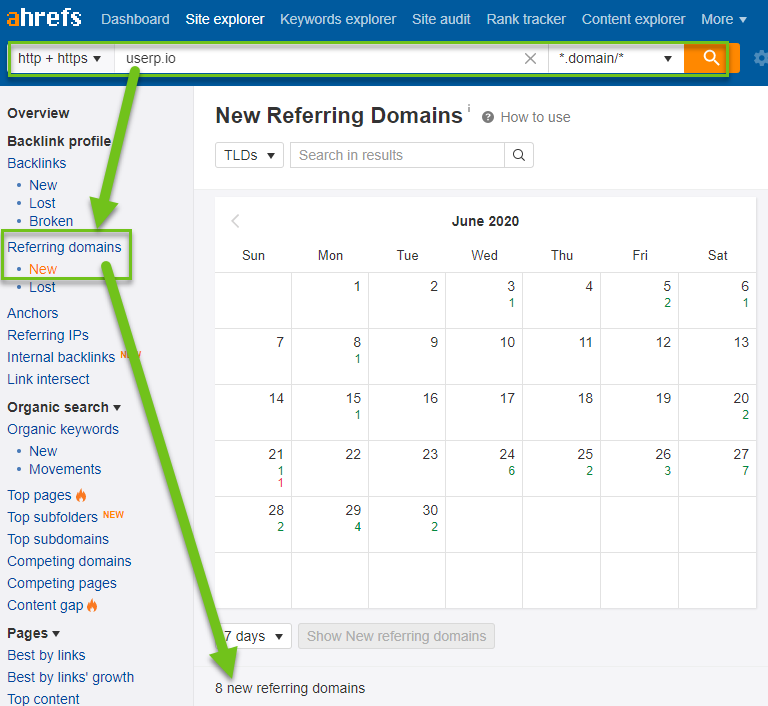
And that’s super valuable.
Think of each backlink to your website as a testimonial, and Google is viewing your site deciding whether or not to buy (read: rank).
If Google looks at your website and notices you have 15 testimonials from the same person (read: root domain), it’s far less convincing than 15 testimonials from 15 different people.
In fact, it might be a little suspicious if your link profile is small yet filled with links from the same source. Diversification is key.
94% of all content online has zero backlinks.
So a few backlinks from the same root domain isn’t going to hurt you.
But if it’s all you’ve got, it’s a sign you need to step up your own outreach and start becoming proactive about link building to diversify your profile.
The more relevant unique domains you can earn links from, the better.
2. Domain Rating / Domain Authority – Vanity Metric?
Domain Rating (a term via Ahrefs), Domain Authority (a term via Moz), Authority Score (a term via SEMrush).
While named separately, they are essentially calculations of the same thing:
An overall score from 0-100 calculated by multiple factors, mainly total backlinks, unique backlinks, and the relative authority of each of those backlinks.
In plain English: if a domain rating is high, the site has lots of great links from lots of great sites. If a domain rating is low, the site has fewer links from fewer unique sites.
Is it a vanity metric?
To an extent, yes.
So, does it matter?
Absolutely.
Look at any SERP for any competitive keyword and tell me otherwise:
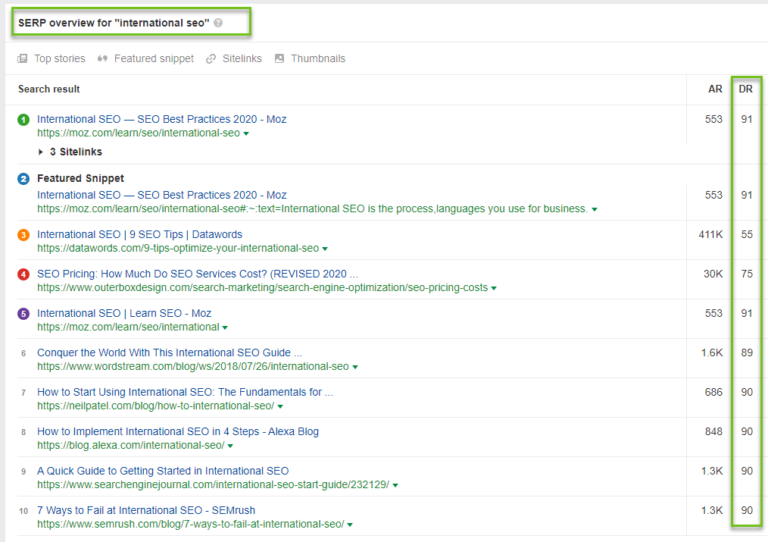
Almost everyone ranking for “international SEO” has a DR above 90.
Domain rating is more than just a vanity calculation.
While not used directly by Google, it’s a clear indication of what these tools believe Google trusts: sites with healthy, diverse backlink profiles that are creating amazing content.
In other words: authoritative sites that people are constantly talking about, trusting, and sourcing.
Earning a link from a huge site with a domain rating of 90+ can be a massive boost to your own site’s DR and trust signals.
Speaking from years of experience in link building for hundreds of clients in all niches, non-spammy links over 50 in Ahrefs Domain Rating can have a significant impact on your own authority and trust.
But, DA/DR/AS are not the end-all-be-all metric.
Don’t be discouraged if you acquire a link from a site with a domain rating of 55 rather than a coveted 90.
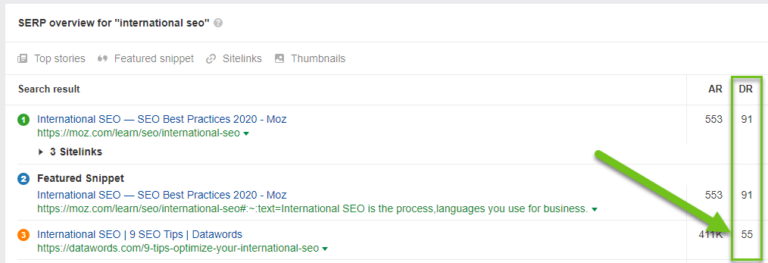
You’d be pleasantly surprised how strong a DR55 site can be.
Strong enough to outrank Alexa, SEMrush, and even Search Engine Journal if the content is good enough.
3. Spam Scores: How High Is Too High?
Spam Score, coined by Moz, represents “the percentage of sites with similar features we’ve found to be penalized or banned by Google.”
Spam scores and link building are often discussed, and it’s quite common to hear that high spam scores = your website is going to get penalized ASAP.
Unfortunately, that’s not super accurate.
Straight from the mouth of Moz:
“Well established links, even with a higher Spam Score, can still add value and authority to your site.”
While having an entire link profile of insanely spammy sites is clearly bad, having some sites with high spam scores isn’t.
The guidelines set by Moz are:
- 1-30% = Low
- 31-60% = Medium
- 61-100% = High
Generally speaking, you will almost always have a mix between these scores.
For link optimization purposes, your link profile should skew towards majority low, some medium, and few high.
High spam scores don’t instantly mean you should disavow. Instead, take it on a case-by-case basis.
Ask yourself a few questions when looking at a link with a higher spam score:
- Is this website legit? Or is it a shady PBN that is spam building links?
- Is the piece of content I am mentioned within good? Or is it jammed with exact match anchors from hundreds of sites?
- Is the anchor text contextually relevant, or is this a big directory of random links?
It’s easy to tell if an outbound link is spammy. And the surface level of spam scores can’t always tell you.
4. Organic Traffic: Does It Matter?
When trying to discern the value of a backlink you just acquired, organic traffic is a good metric to explore.
Depending on what source you use (Ahrefs, SEMrush, SimilarWeb, etc.), you’ll find a whole range of organic traffic estimations.
Why? They are estimations of clicks, not data directly from Google Analytics.
Using a tool like Ahrefs, it’s quite easy to tell if a site is getting good organic traffic:

And to confirm, you can simply click on the keywords report to see what they are ranking for:

If the keywords are high volume and they are ranking high on the first page, they likely have some great organic visitors each month.
Generally speaking, you want to acquire links from sites with steady, high rates of organic traffic.
Anything over 1,000 in organic traffic is a great starting point. And obviously, anything higher is even better.
The more relevant organic traffic (keyword: relevant) the better. Look at the site’s keyword profile to see what they rank for, and if the traffic is likely to stay, click on their content, click on your link, and convert.
Organic traffic to a page you are linked on isn’t directly going to improve your keyword rankings.
But it surely will drive organic referral traffic to your website, and that’s a huge potential for indirect ranking boosts from new links, shares, and engagement.
5. Anchor Text: Is Exact Match Harmful?
One of the biggest questions I see in the link building space surrounds anchor text.
Half of the crowd wants exact match anchors to boost keyword rankings.
The other half wants “natural” anchors to avoid Google penalties.
So, who is right?
Both are. Link building is rarely one or the other. It’s rarely about getting all DR90 links, and more about having a balance.
When you overdo anything on one spectrum or the other, it’s not natural.
If you are a tiny site with one blog post acquiring 100 links with an exact match anchor, something is suspicious.
On the contrary, if you acquired 100 links from a study you developed and the anchors vary from image citations, statistic citations, quotes from the article, exact matches, and more, that’s fantastic.
That’s a sign that these links were earned and built naturally, not acquired by any artificial method of gaming the system.
When it comes to a natural-looking link profile, shoot for both exact match anchors and more “natural” anchors of image citations, quotes, homepage links, and more.
6. Competitor Analysis: Creating a Backlink Gap
Backlinks that you get that your competitors don’t have are extremely valuable for multiple reasons:
- It drives trust signals and authority to you only in your niche, rather than a whole host of competitors benefiting.
- You drive more direct referral traffic than your competitors.
- Each subsequent link that you get drives up authority, separating you from competitors.
Each time you acquire a link, throw your domain into a Link Intersect report:
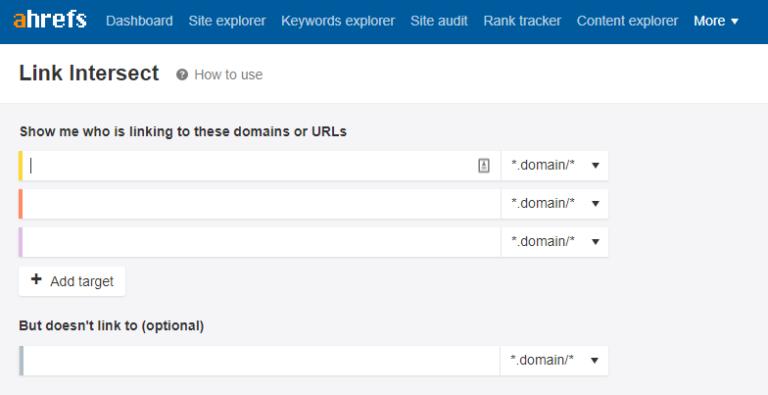
This shows you who is linking to you and not your competition, or visa versa.
If the root domain is linking to you and not your competition, the value of the link is higher (all things considered).
If they are linking to your competition too, that’s still a huge win. Why? You closed the backlink gap that your competitor had on you.
With each link you acquire and each outreach email you send, seek to create a larger backlink gap that improves your domain authority over your competition.
7. Mention Context Is Critical
All of the factors I just mentioned above are important.
But, the mention context is critical.
By mention context, I simply mean: assess all the factors around your link to see if the context is relevant and impactful.
In other words…
How well-written is the article you were mentioned in?
Is it a 500-word piece that will never rank? Or is it a 5,000-word ultimate guide toppling giants on the SERPs?
Was the topic you were mentioned in directly related to your backlink? Or was the keyword anchor stuffed and out of place?
Were you linked amongst 150 other people, or in a select group of a few other outbound links?
Was the content shared to a social network driving direct engagement and compounding links?
I could go on and on.
The context is key. If you are getting mentions on crappy articles from crappy sites with crappy context, it’s far less valuable.
Take a hard look at the article that mentioned your brand or linked to your site. If the article is great, topically relevant, and interesting, you’ve acquired a dynamite link.
Conclusion
When you acquire a new backlink, checking its value is the first thing you should do.
Assess unique root domains, domain rating, spam scores, organic traffic, anchor text, and the mention context.
While there are more factors, these are some of the most important.
Almost all links are valuable to your overall profile, but some are more valuable than others.
More Resources:
- Link Building for SEO: A Complete Guide
- How to Evaluate the Quality of a Link
- How to Calculate the ROI of Link Building
Image Credits
All screenshots taken by author, August 2020

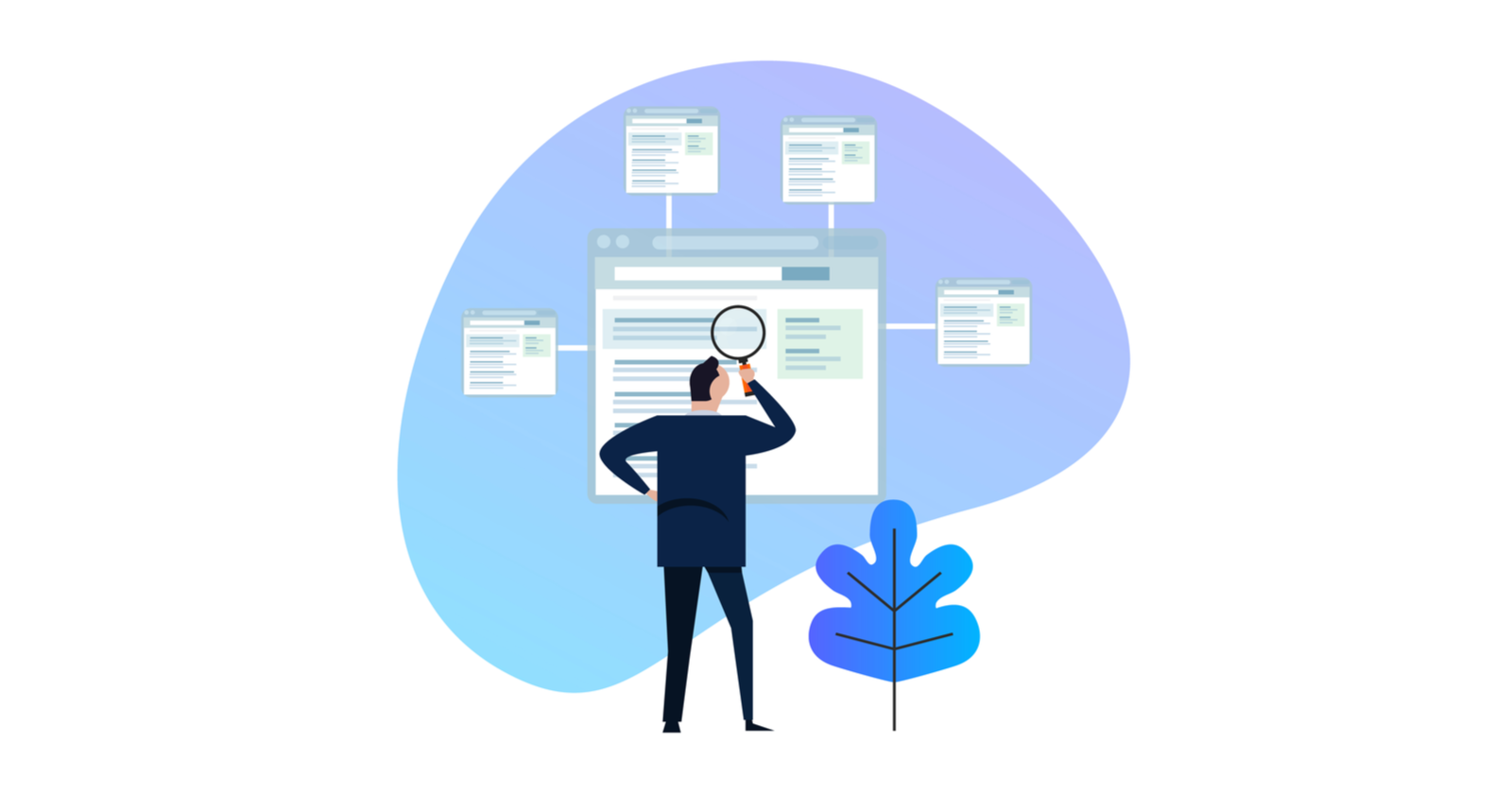



![AI Overviews: We Reverse-Engineered Them So You Don't Have To [+ What You Need To Do Next]](https://www.searchenginejournal.com/wp-content/uploads/2025/04/sidebar1x-455.png)